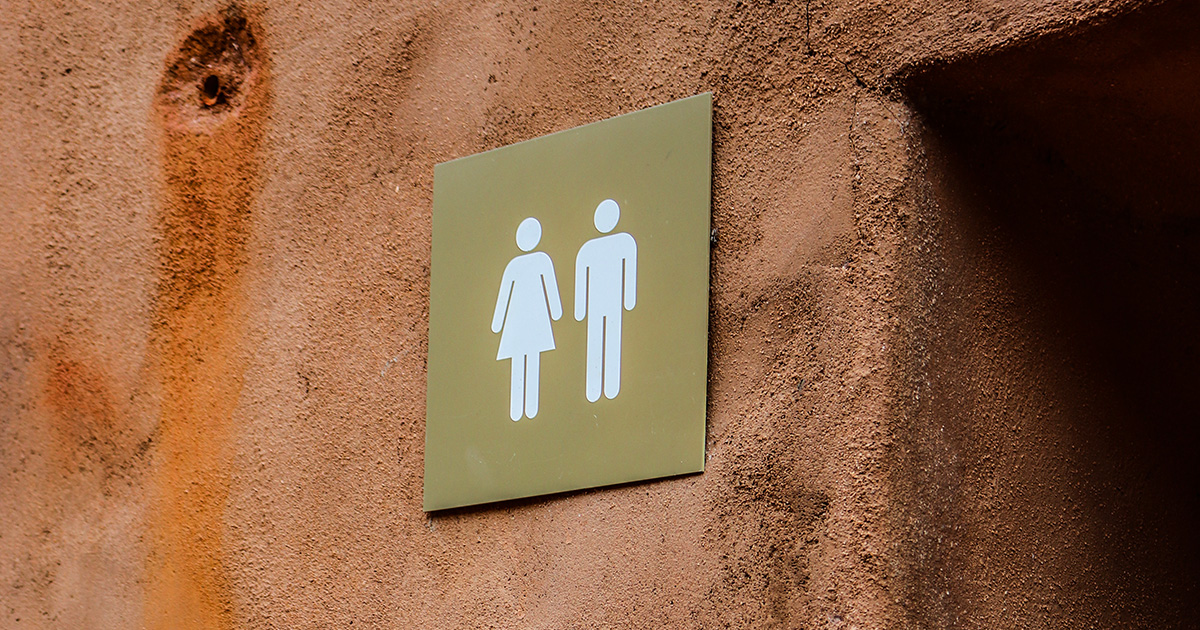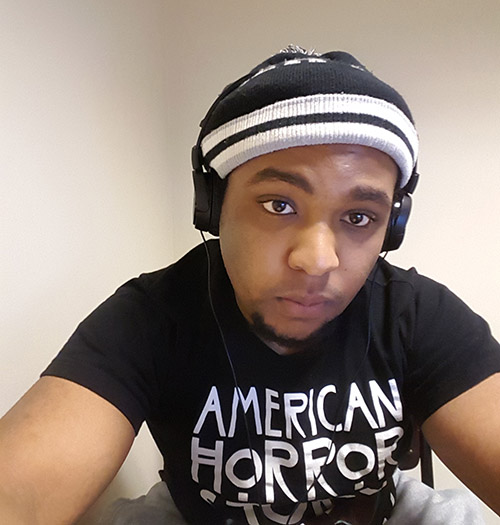BROOD
★ ★ ★ ★
BRAVADO

By Robert Taylor
Deep in the mountains of south-west China by the lake Lugu, there is a young man marching in the early morning walking back and forth to his lover. He isn’t allowed to stay at his lover’s house, even if they’re married. Instead he listens for her call, from her own house; a house close by her family’s eldest mother. The young man leaves after making love and journeys back home to his own matrilineal family, despite maybe having children with the young woman. The children are raised by the women and their brother—the same way he was raised, his father didn’t live with him. As the young man walks back to his home he thinks about the work he needs to complete for his eldest mother. She is expecting him, the little money he has she collects for the family; she deals with the money and keeps it safe. As the young man’s day is over he may not return to his lover, she might already be with another man. She has lovers. She has equal control in her relationships but almost always gets the final say. She isn’t the young man’s property, she is not tied to him. His role to her is what she wants it to be. Maybe momentarily, maybe long term, maybe just for the night. The young man isn’t jealous or upset, he understands what she wants.
I personally don’t know exactly why or how the Mosuo people have been able to maintain a mainly matrilineal society for centuries, despite coming into contact with the outside world. I can’t say for sure if people in this society are genuinely happier or feel as equal as we make them out to be from the outside comparisons. It could be our hubris that makes their culture so foreign to us but revolutionary; studying them like they are archeological findings. But their society brings up a grievance I have with our society. Western society has spent the last several centuries rehashing perceptions and falsehoods conditioning them into our interactions as constructs and roles. Despite all the scientific and social evidence that proves these to be wrong, we still believe social roles and race and sexuality should determine who the person is instead of the identity of an individual. Sure the Mosuo people might have similar distinctions or social divisions of their own but their society should make us ask existential questions of our own.
The way the Mosuo people live prove that certain roles expected in society, especially differences between men and women, aren’t predetermined or innate within all of us as a species. Roles like nurturer or provider, submissive or dominant, these are not natural traits that come with our bodies and its chemical reactions. These things are taught, observed, soaked up like a sponge by the time we are able to form thoughts of our own. The men in the Mosuo society had to learn about the “ins and outs” of a walking marriage, the same way men in western society are taught to be “chivalrous”. The women in the Mosuo society had to learn about running the household as the providers and matrons the same way women in western society are taught to be desired like an object.
With every new year we tell ourselves that there is an opportunity to make anew, as if time itself resets. For 2018 and further on can we finally get rid of the idea that things are just “the way they are” or “how it is always been”. Before a time we consider “us”, there have been thousands of years and hundreds of different civilizations, each with their own culture, faith and social structure. So, the idea that men have only been this way and women have only been that way is false. These are not only poisonous fallacies but are also stunting our growth. There have been improvements on this, campaigns and protests to improve the confidence of people usually oppressed by patriarchal systems, like taking time to notice people of color and women more in business, social and entertainment settings. But the damage will always be too late. Everything from family structure to politics rely heavily on the social structure that keeps men in a dominant role. This structure that often controls and objectifies women, sexually and professionally. This structure that, historically, expects women to be in a subservient role, while being held accountable for the violence or the perversion of men they have no control over. I can’t speak for the experiences of women that have lived with the pressures of society, but I can say that as a man living with his own pressures from society, I can only imagine the pressure that women have to go through daily. Things that I see every day that are brushed off as just normal and how the “world works”. Young girls punished for the way they are dressed, told they will be distractions for young men who can’t keep their hands to themselves. Women shamed for enjoying sex; religiously regarded as temptation. Old men who have no medical or personal experience having a woman’s body parts but know exactly how to regulate their healthcare. The fact that, with the new year starting off, women are still paid on average less than their male coworkers performing the same job should alone say everything about how society sees women.
But yet again there will be someone who challenges these questions and gets defensive with people pointing out the obvious. There will be men and some women throwing up their hands and blaming the generation for being too soft, repeating their tired views on “how the world works”, and defending their involvement in a hopeless system they can’t change themselves. The truth is, this system…is completely made up. The time is now for us to question these social structures and ideas. Sure, we are getting there, but we need to radically change them right from the start. Again I can’t speak for the experiences of women, but I know growing up how I was taught to be a “man”. Proving your masculinity by emasculating others. Witnessing boys learning that violence gets you what you want by observing the older kids. I can’t count the amount of times my peers and myself were encouraged to live up to a standard by putting down other men and inadvertently women. “Stop acting like a girl” or “man up”. The bravado that had to be displayed while talking to women. The entitlement that came when you won her, expecting things with her you were promised to get—a code taught in everything from locker room talk to movies and fiction. “But these are good things a boy should learn.” “Good things a man should know.”
Can we stop lying to ourselves? How do we expect to grow as a people if we continue these primitive constructs, as if we are cave men hitting each other over the head? How is it that in the year 2018, there is still an archaic and limited image that appears in our head when we think of femininity and masculinity? How is that in 2018 we associate one with strength and the other with weakness? Why in the year 2018, no matter how progressive one is, we can all initially acknowledge when an individual isn’t staying within their box. I don’t have the answer to what society should be or what it should look like. However, I know that for the future we need to get rid of the limitations of our society that we altruistically enact. A reboot.

Robert Taylor is a student, who is pursuing his passion for writing. He loves all genres of writings and films, but has a soft spot for weird science fiction, finding inspiration from writers like George Saunders, Laurie Anderson, J.G. Ballard and countless others. He also has a degree in Criminal Justice. He lives in Long Island, New York.

DEAR READER
At The Wild Word we are proud to present some of the best online writing around, as well as being a platform for new and emerging writers and artists.
If you have read the work in The Wild Word and like what we do, please put something in our tip jar.
THANK YOU FOR YOUR SUPPORT!
























It would be amazing if we could work together. Strengths, weaknesses, recognized and compensated for. Think of the things we could do. But, somehow it seems like we in reverse. More’s the pity. Great column, Robert.